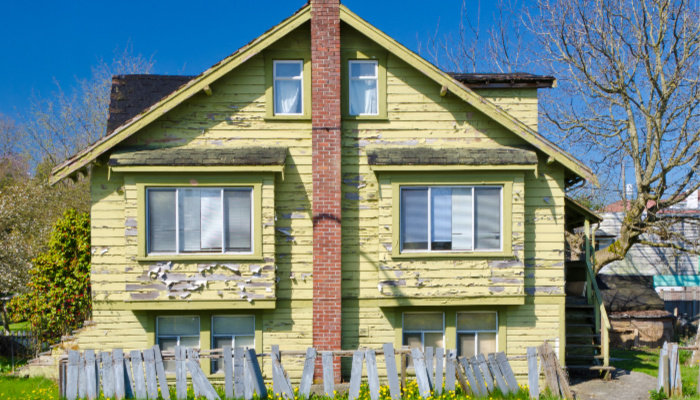
TV makes flipping homes seem glamorous and relatively easy. For a while, it seemed like everyone was interested in snatching up cheap real estate and turning a profit after just a few upgrades. However, there are a few reasons why flipping isn’t as easy as it looks.
Bidding Wars
At the moment, it’s a seller’s market. The number of homes available at any given time is relatively low in most areas, which means that the competition is high—even for home in desperate need of TLC. It’s going to be tough to pick up a bargain…but that means you can sell the property for even more, right?
Well, maybe.
A New Strategy
In the early days of the house flipping game, people could pick up a house at auction for next to nothing, sink a few thousand dollars into repairs and upgrades, and sell at a profit two month later. That’s not how things work now. According to ATTOM Data Solutions, only 32 percent of flipped homes were bought as a distressed sale this year. That’s a huge drop from 2010, when distressed sales made up nearly 70 percent of homes that were flipped.
As with any lucrative business model, individual flippers now have to compete with nationwide companies, making the endeavor much more challenging.
Adjust Your Expectations
If you think that flipping homes would be a good direction to take your real estate career, you need to be aware of the realities. You should to be able to sit on the property for several months without getting a return on your investment, just in case the home sale doesn’t happen as quickly as you want. And you should also expect to see smaller profit margins than in the heyday of the house flipping era.
Flip Smart
That’s not to say you can’t still make money. But it’s a good idea to start small and not overextend yourself. Don’t pick the most challenging property in the area—even if it’s a great deal. If you’ve never flipped a home before, now is not the time to take on a bigger project than you can handle. Get a thorough inspection by a professional you trust, and do your homework before signing a contract.
As a real estate agent, you already know the features that draw buyers and offer the best return on investment. That knowledge gives you an advantage over other people getting started in the industry. Look for a home without any major issues that can be market-ready with just a few tweaks and a little staging pizazz.
Once you sell it, you can set your sights on more ambitious projects or try taking on multiple properties. Just be prepared to put in not only your own money but some sweat equity as well. Flipping homes isn’t for the faint of heart!











